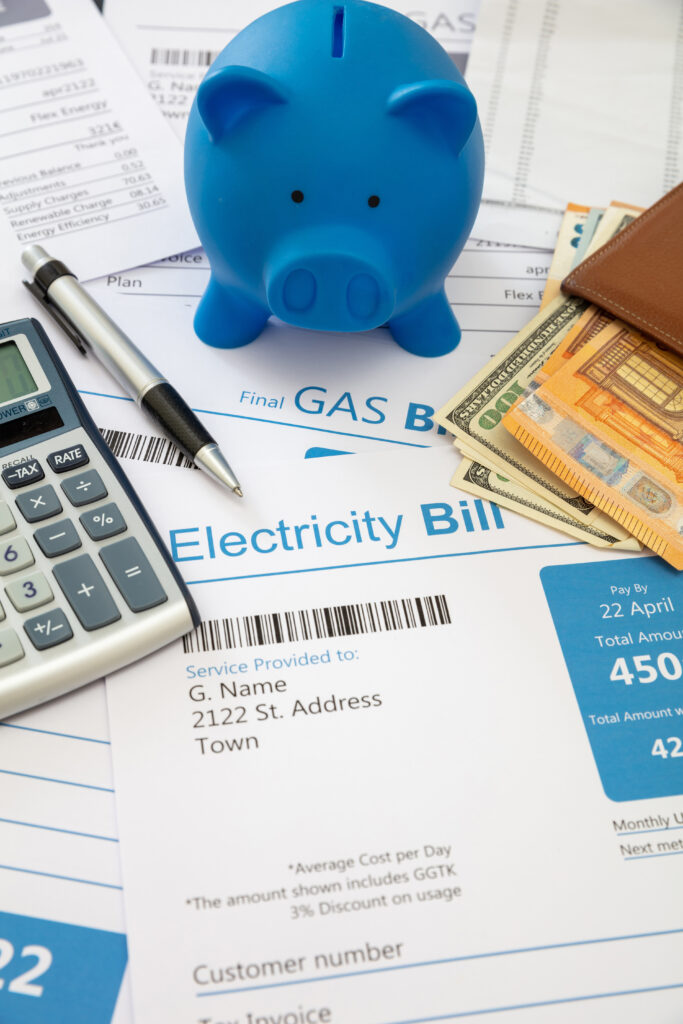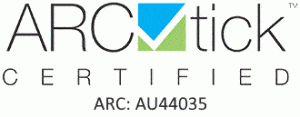Air Conditioning - How to Reduce Your Bill This Summer
Summer is here and for many that means running your air-conditioning. Reducing your bill will be important with energy prices rising.
But fear not! In this guide, we will provide you with top tips on how to reduce your air conditioning bill this summer while still keeping cool and comfortable.
Let’s go!
Table of Contents
Understanding the Impact of Air Conditioning on Your Energy Bill
Air conditioners are notorious for consuming a significant amount of energy, which directly impacts your electricity bill. In fact, heating and cooling appliances account for about 40% of energy use in the average Australian home. This means that finding ways to reduce your air conditioning costs can have a substantial impact on your overall energy consumption and your wallet.

Choosing the Ideal Temperature Setting
One of the most effective ways to reduce your air conditioning bill is to set the ideal temperature for your home. Finding the right balance between comfort and energy efficiency is crucial. The recommended temperature settings may vary depending on your location and climate. Let’s explore some general guidelines for different regions in Australia:
Tropical Climates
North Queensland, North WA, and Northern Territory
In these regions, it is recommended to set your air conditioner to around 21-23°C during the summer months. The high humidity in these areas means that running the air conditioner for longer periods can help combat mold issues caused by leaving it off.
Sub Tropical Climates
South-East Queensland and Northern NSW
To stay on top of energy prices, aim for a temperature setting of around 25°C during the summer. Staying within the range of 22-25°C will keep you comfortably cool while also reducing financial stress.
Arid Climates
Central Australia
In Central Australia, it is recommended to set your air conditioner between 21-23°C during the summer. Dust is a common issue in this region, so keeping your air conditioner filters clean is essential for maintaining efficiency.
Mediterranean climate
South Australia and South-West WA
For these regions, aim for a temperature setting of 23-25°C during the summer. Be mindful of any sudden cold snaps and adjust your settings accordingly.
Mild temperate climate
Tasmania
Tasmanians should aim for a temperature setting of around 28°C during the summer months. However, the variable weather conditions in Tasmania may require adjustments to the thermostat settings.
Moderate oceanic climate
Southern Victoria
For South Victorian regions, aim for a temperature setting of around 24°C. This will keep you comfortable during summer and any seasonal heatwaves that may occur.
It’s important to note that these are general recommendations, and individual preferences and circumstances may vary. Experimenting with different temperature settings and finding what works best for your comfort and energy savings is key.
Additional Tips to Save Money on Your Air Conditioning Bill
In addition to setting the ideal temperature, there are several other strategies you can employ to reduce your air conditioning bill this summer. Let’s explore some additional tips:
Take Advantage of Timers
Many air conditioning units have built-in timers or can be connected to smart home systems. Setting timers to turn on the air conditioner before you arrive home and turn it off shortly after you go to bed can help you save energy and money. By cooling your home only when needed, you can avoid wasting energy on an empty house.
Utilise Fans
Using fans in conjunction with your air conditioner can help circulate the cool air more efficiently and allow you to raise the temperature setting on your air conditioner. Ceiling fans can help draw warm air upwards and push cool air down, while portable fans can provide a localized cooling effect. By relying on fans, you can reduce the workload on your air conditioner and save on energy costs.
Keep Your Home Shaded
Shading your home from direct sunlight can significantly reduce the amount of heat entering your living space. Keep blinds, curtains, and shutters closed during the hottest parts of the day to block out the sun’s rays. Additionally, consider planting trees or installing awnings to provide natural shade around your home. By reducing solar heat gain, you can lessen the workload on your air conditioner and save on energy consumption.
Minimize Heat-Generating Appliances
Appliances such as televisions, computers, and ovens generate heat, which can increase the workload on your air conditioner. Turn off or unplug these devices when not in use to avoid unnecessary heat buildup. Instead of using the oven, consider cooking meals on a BBQ or opting for no-cook recipes during the summer months. By reducing internal heat sources, you can alleviate the strain on your air conditioner and reduce energy costs.
Maintain Your Air Conditioner
Regular maintenance of your air conditioner is crucial for optimal performance and energy efficiency. Schedule professional maintenance to ensure that your unit is clean, well-maintained, and operating at its best. Replace or clean air filters regularly to prevent dust and debris buildup, which can impede airflow and reduce efficiency. By keeping your air conditioner in top condition, you can maximize its energy-saving capabilities.
Insulate Your Home
Regular maintenance of your air conditioner is crucial for optimal performance and energy efficiency. Schedule professional maintenance to ensure that your unit is clean, well-maintained, and operating at its best. Replace or clean air filters regularly to prevent dust and debris buildup, which can impede airflow and reduce efficiency. By keeping your air conditioner in top condition, you can maximize its energy-saving capabilities.
Optimise Airflow
Ensure that air vents and registers are not blocked by furniture or other objects. Blocked airflow can restrict the distribution of cool air and force your air conditioner to work harder. Arrange furniture and other items to allow for unobstructed airflow throughout your home. By optimizing airflow, you can improve the efficiency of your air conditioner and reduce energy consumption.
Use Energy-Saving Features
If your air conditioner has energy-saving features such as sleep mode or eco mode, make use of them. These features adjust the temperature and fan speed to optimize energy efficiency without compromising comfort. Additionally, consider purchasing energy-efficient air conditioning units that have high energy star ratings. Investing in energy-efficient appliances can lead to long-term savings on your energy bills.
Embrace Natural Ventilation
If your air conditioner has energy-saving features such as sleep mode or eco mode, make use of them. These features adjust the temperature and fan speed to optimize energy efficiency without compromising comfort. Additionally, consider purchasing energy-efficient air conditioning units that have high energy star ratings. Investing in energy-efficient appliances can lead to long-term savings on your energy bills.
Conclusion
Reducing your air conditioning bill doesn’t mean sacrificing comfort during the hot summer months. By carefully managing your temperature settings, utilising timers and fans, shading your home, minimizing heat-generating appliances, maintaining your air conditioner, optimizing airflow, insulating your home, using energy-saving features, and embracing natural ventilation, you can significantly reduce your energy consumption and save money on your air conditioning bill. Experiment with different strategies and find the combination that works best for your needs. Stay cool and enjoy the summer while keeping your energy costs under control.
Remember, small changes can make a big difference. With these tips in mind, you can stay comfortable and energy-efficient all summer long. So, go ahead, turn on the air conditioner, and beat the heat without breaking the bank!




